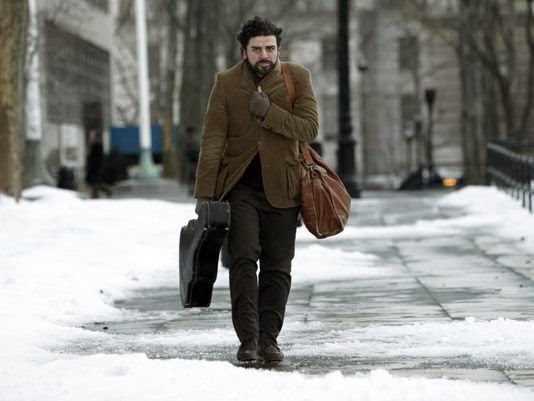In this film, Joaquin Phoenix's character falls in love with a character
played by Scarlett Johannson. Not so unusual, you may imagine, except that
Scarlett's character, Samantha, is a computer operating system that has been
developed to be sentient.
HER is set in a near-future Los
Angeles
war or plague or disability, the few jobs that we encounter are all aided by
technology or are involved with producing that tech.
The only scary thing is that, fashion-wise, the future is apparently
inspired by Simon Cowell. The people generally dress as we do, except that - a
prospect as terrifying in its own way as a zombie apocalypse - the men all wear
high-waisted corduroy trousers, without a belt.
Technology is of course a central part of everyone's lives. We see
citizens of this new Los Angeles
Theodore Twombly is Phoenix Phoenix
He thinks he has found what he is looking for in a new operating system
for his computer, who calls herself Samantha. She has been designed to be
sentient, and to be able to grow and evolve and actually feel emotions.
Theodore and Samantha quickly form a bond. He is lonely, she is curious
about the world and willing to learn, despite her lack of a physical body. They
even manage to have sex, of a sort.
The film's strength is that it doesn't denigrate Theodore and Samantha's
relationship, it treats it as unusual but real. We are not invited to feel
sorry for Theodore, or to look down on him, for not having a human girlfriend.
They are in many ways like any other couple, they fall out, make up, profess
their love for each other, argue about the future of their relationship.
The film's only weakness is that many, many scenes are simply Joaquin
Phoenix talking to the disembodied voice of his computer through his
communication device. The location may change but the conversations between
Theodore and Samantha are the central part of the movie and so we spend a lot
of time listening to her and looking at him. There is little action, and a lot
of dialogues that look like monologues.
Still, this is a curious, hypnotic, charming film. It is a film that is
sympathetic towards its characters, that likes them and invites you to like
them too. It delves into situations that are actually now on the horizon,
exploring what it is to be conscious and is interested in all the complications
that technology causes, and will cause, in our lives.

